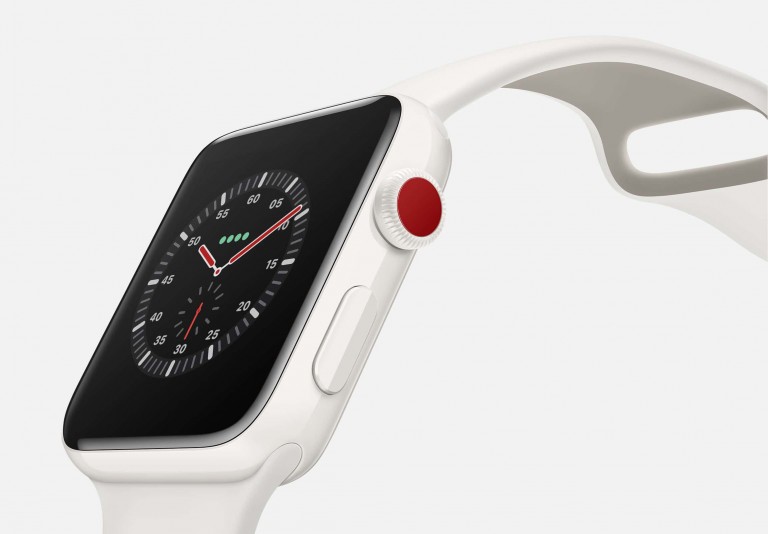Researchers used data from Apple Watches and a machine-learning algorithm to see if they could identify heart problems in smart-watch wearers.
The study: A team from the University of California, San Francisco, collected heart-rate and step-count data from nearly 10,000 people who wore Apple Watches over a six-month period. Then they trained a neural network to try to find irregular heartbeats in that data.
The results: The system was 98 percent successful at identifying 51 patients who were undergoing treatment to restore regular heart rhythm. But it was far less accurate at spotting 1,617 people who reported that they had an irregular heartbeat. In that group, the neural network correctly identified the people with heart issues just under 68 percent of the time.
Why it matters: About 34 million people worldwide have an irregular heartbeat, also known as atrial fibrillation, and it is a leading cause of stroke. It often has no symptoms and can go undetected until a stroke happens. A smart watch that can pick up on abnormal heart rhythms could help doctors find people at risk—and possibly even prevent strokes.
The bottom line: Apple and other tech companies like Verily, the life-sciences unit of Google’s parent company Alphabet, want to use their wearable devices for large-scale medical studies to collect all sorts of health data from participants. But as this study shows, they’ll first have to figure out how to interpret all that data accurately.

